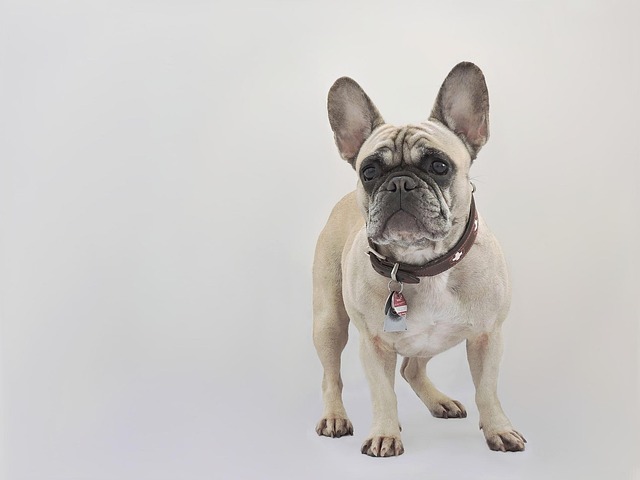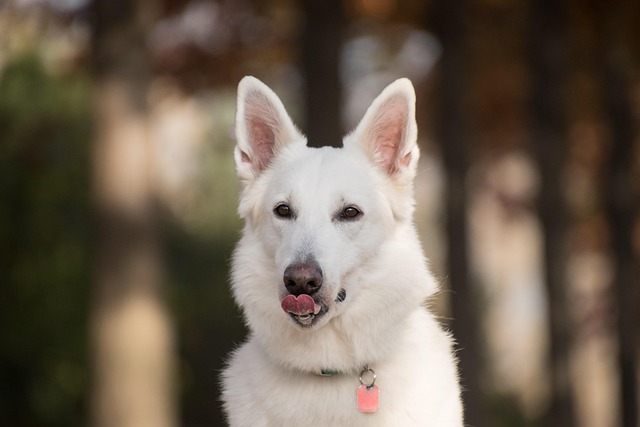
What happens if I never brush my dog's teeth?
Skipping your dog’s teeth brushing might seem like a small shortcut, but it starts a chain reaction most owners don’t see until it’s too late.
I’ll start with a distressing yet relatable scenario of a new owner watching their itchy dog suffer, explain safe at-home remedies rooted in canine skin science, share step-by-step relief methods, and weave in compliance and care tips.
I paced my friend Mia’s Austin apartment last week, her 9-month-old Pit Bull mix, Tank, scratching his back against the couch until fur tufts fell—whimpering, then gnawing his paws until they bled. “The vet can’t see us till tomorrow. What can I give a dog that is very itchy to stop his pain?” she asked, rummaging through her medicine cabinet (I stopped her before she grabbed human antihistamines). If you’re a new U.S. dog owner with an itchy pup, the answer is safe, vet-approved fixes—no human meds, no guesswork. Relief starts with soothing the skin and calming irritation, not masking the problem.
To understand what you can give a dog that is very itchy, let’s break down canine skin needs. Mia’s vet, Dr. Carter, explained that a dog’s thin skin barrier breaks easily when irritated (from allergies, dryness, or pests), and scratching worsens the damage. Unlike humans, dogs can’t process many human drugs (like Benadryl in wrong doses) and licking topical treatments can make them sick. Tank’s itch came from seasonal pollen and Austin’s dry heat—his skin lacked moisture, and allergens made it inflamed. What he needed was gentle, dog-safe relief that stopped scratching without risk. Scolding a dog for scratching (like Mia almost did when Tank tore a pillow) violates U.S. animal welfare standards; he wasn’t being destructive—he was suffering, and our job is to comfort, not scold.

Here’s what you can give a dog that is very itchy, using Mia’s vet-guided routine with Tank: First, soothe skin topically (safe, lick-proof options). Dr. Carter recommended a refrigerated oatmeal paste (blend plain oatmeal with water, chill) applied to Tank’s paws and belly—cold reduces inflammation, and oatmeal calms irritation. Mia used a cone (she called it his “comfort collar”) to stop him from licking, rewarding him with freeze-dried chicken treats when he wore it (positive reinforcement that made him stop fighting it). Second, hydrate from the inside (moisturize skin naturally). She added a teaspoon of salmon oil to his kibble—omega-3s repair the skin barrier and reduce itching. Dr. Carter said coconut oil works too, but salmon oil is easier for dogs to digest. Third, cool and calm with baths (gentle, no harsh soaps). She gave Tank a lukewarm oatmeal bath (use a dog-specific oatmeal shampoo) for 5 minutes—no scrubbing, just gentle rinsing. He relaxed in the water, and Mia gave him a treat afterward—turning bath time into a positive experience. Fourth, avoid irritants (stop making it worse). She swapped scented laundry detergent for unscented (perfumes irritate skin) and vacuumed her rug twice a week (removes pollen and dust mites).
For apartment living and community walks, these tips prevent future itching: Keep a humidifier near Tank’s bed (adds moisture to dry air) and wash his bed weekly in hot water. When walking, carry two essentials—biodegradable poop bags (Austin fines $200 for leaving messes) and a paw wipe to remove pollen (reduces allergens). If neighbors ask “what can I give a dog that is very itchy,” say, “Oatmeal paste and salmon oil—my vet swears by it!” Never skip vet checkups: Dr. Carter updated Tank’s rabies vaccine (mandatory nationwide) and prescribed a long-term allergy pill—safe, daily relief for his pollen sensitivity. He also warned against “natural” remedies like tea tree oil (toxic to dogs) and stressed always checking with a vet first.
Two days later, Mia texted me a video: Tank napping on his bed, no scratching, paws healing. What can I give a dog that is very itchy? For Tank, it was cold oatmeal, salmon oil, and patience. For your pup, it’s about safe, gentle fixes, positive reinforcement, and getting to the root cause with your vet. Itching doesn’t have to be endless—with the right care, your dog can feel like themselves again.

Skipping your dog’s teeth brushing might seem like a small shortcut, but it starts a chain reaction most owners don’t see until it’s too late.

Most dog owners notice their pup’s stinky breath now and then, but few realize it could signal bigger issues.

Watching your puppy scamper across the floor, you might notice a faint clicking sound—and wonder if that means it’s time to grab the nail clippers.

I’ll start with a vivid, relatable scenario of a new owner panicking over their dog’s intense itching, explain why urgent but calm action matters (to avoid infection)

I’ll start with a distressing yet relatable scenario of a new owner watching their itchy dog suffer, explain safe at-home remedies rooted in canine skin science

I’ll start with a relatable scenario of a new owner distressed by their dog’s sudden itching, explain the common causes (allergies, pests, skin issues) using canine biology